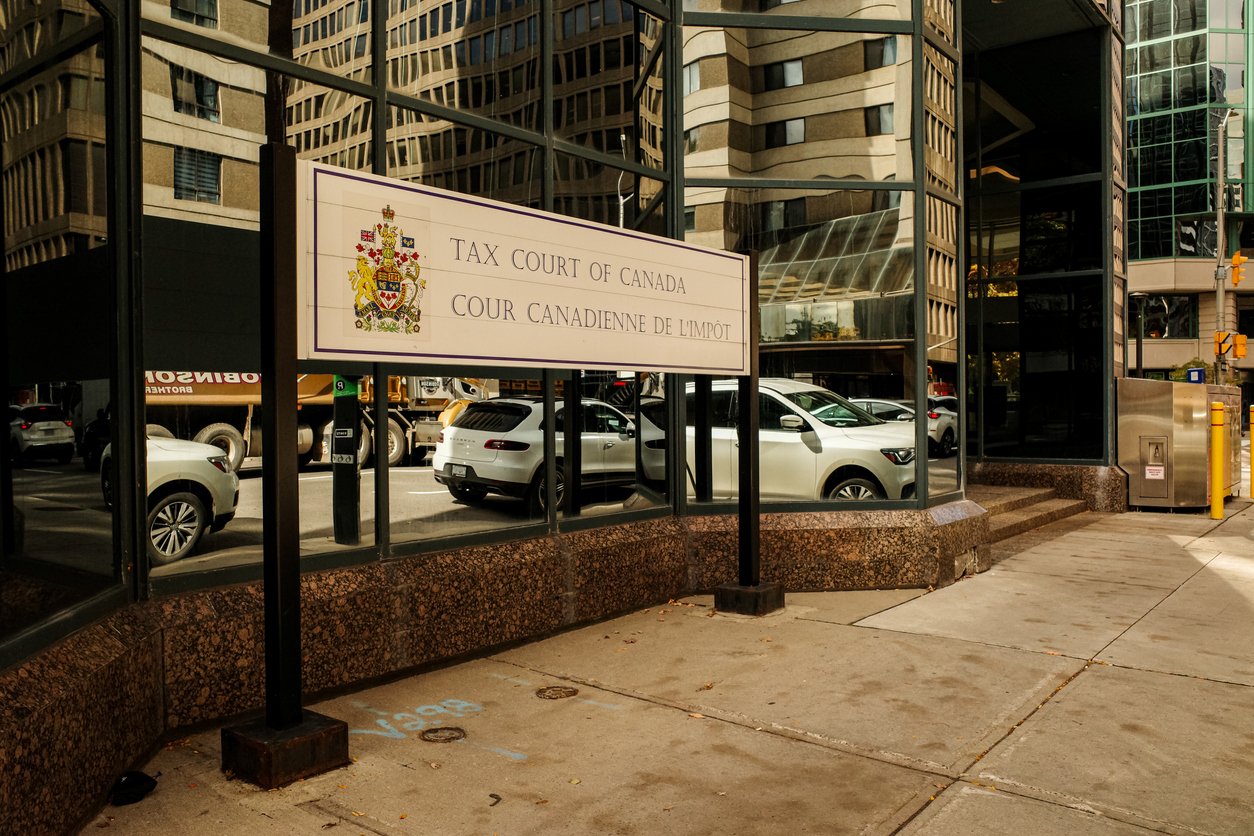The decision came after law school deans opposed the proposed accreditation

The council of the American Bar Association (ABA) Section of Legal Education and Admissions to the Bar voted to continue examining the accreditation standards for online-only law schools during its meeting on May 17 in Chicago.
This decision comes after significant feedback from law school deans and other stakeholders about the potential impacts and logistical challenges of accrediting fully online institutions.
Currently, ABA standards require law schools to have physical campuses to become accredited. Only fully accredited schools can offer completely online Juris Doctor (JD) programs, effectively excluding new online law schools from obtaining accreditation. The ABA reported that the proposed revisions to Standards 102 and 306 have sparked considerable debate.
In January, 26 law school deans, including those from the Villanova University Charles Widger School of Law, the University of California at Berkeley School of Law, and Penn State Dickinson Law, expressed concerns over the lack of data on bar passage and employment rates for graduates of online law programs. Their memo highlighted the need for a clear rationale and identified issues that the proposed standards aim to address.
"The council has not, as far as we know, articulated a rationale for departing from this practice or identified the problem that the proposed revisions to Standard 102 and 306 are intended to solve," the deans stated in the memo.
Conversely, supporters from institutions like Purdue Global Law School argue that online-only law schools could offer more affordable tuition than traditional law schools with online programs. They suggested that lower costs and increased flexibility could attract a more diverse student body, including those from remote areas.
Council member Carla D. Pratt emphasized the need for detailed standards tailored to online-only law schools. Pratt noted the unique challenges posed by online-only law schools, such as whether there should be a physical office for administrative purposes and how prospective and current students can access support services. Additional concerns include maintaining academic integrity, protecting student privacy, and understanding the potential impact on attrition and bar passage rates.
The next steps involve the standards committee drafting specific rules, followed by a public notice and comment period. After incorporating public feedback, the council will approve the rules before presenting them to the ABA House of Delegates for final approval.
During the meeting, Judge Bridget Mary McCormack, the council chair, highlighted the importance of addressing issues related to access to justice and the cost of legal education, particularly in underserved areas. "Taking an affirmative step in the direction of trying to address some of those problems, this is the least we can do," McCormack said.









